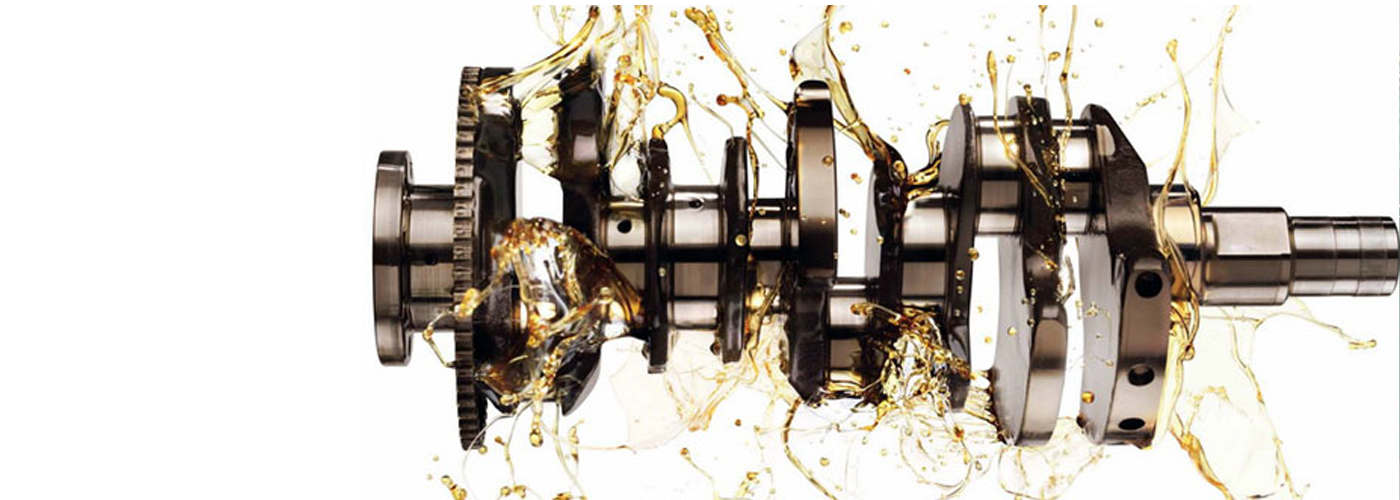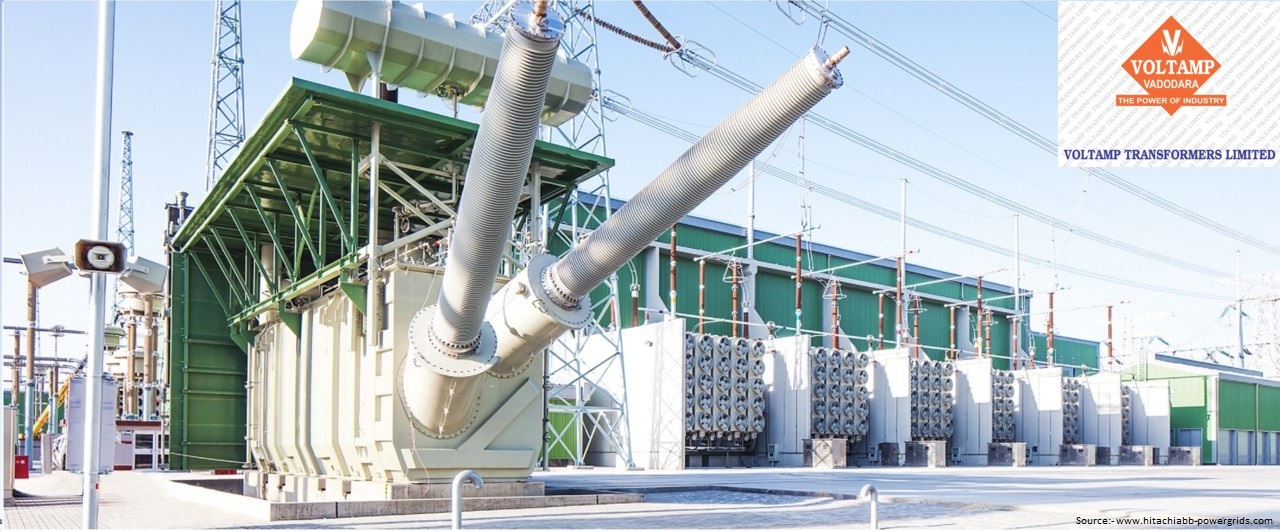The new groups would give Chinese steel mills the scale to rival global giants such as ArcelorMittal.
China is considering a sweeping overhaul of its steel industry that would consolidate major steel producers into two giants, with one located in the north of the country and the other in the south, according to people familiar with the plan.
Hebei Iron & Steel Group, the nation’s biggest mill by output, and Shougang Group will be combined into Northern China Steel Group, while No. 2 producer, Shanghai Baosteel Group, and Wuhan Iron & Steel Group will be merged into Southern China Steel Group, said the people, who declined to be identified because the information is confidential. The combinations would give Chinese steel mills the scale to rival global giants such as ArcelorMittal.
The State-owned Assets Supervision and Administration Commission didn’t respond to a request for comment, while a Baosteel Group spokesman declined to comment when reached by Bloomberg.
Shares in the listed units of Hebei Iron & Steel Group and Shougang Group rose the most in over two weeks after the news. Hesteel in Shenzhen climbed as much as 2.8 percent, while Beijing Shougang added as much as 3.7 percent. Baosteel and Wuhan’s listed units suspended trading last month as their parents discuss a restructuring, which analysts said at the time likely presages a union of the two groups.
Smaller steel companies could later be absorbed into the two new groups once they are established, although nothing has been decided, said the people familiar with the plan.
Such combinations would enhance government efforts to reduce overcapacity in the world’s biggest steel producer as part of its drive to overhaul an inefficient state sector and bolster an economy growing at its slowest in decades. China’s crude steel-producing capacity reached a record of 1.2 billion tonnes at the end of 2015, according to the China Iron & Steel Association.
The plan “will help accelerate eliminating excess steel capacities as the companies will remove duplicated products,” Helen Lau, an analyst at Argonaut Securities Asia, said by phone from Hong Kong. “It will also boost their competitiveness and strengthen their customer bases and leave little room for non-competitive smaller mills.”
Even though China’s steel output has peaked, the domestic market remains saturated, Chen Derong, general manager at Baosteel Group, told an industry conference in May. As the nation seeks to clear its surplus, exports are running at record levels, creating a global glut of the metal and drawing fire from competitors across the globe.




